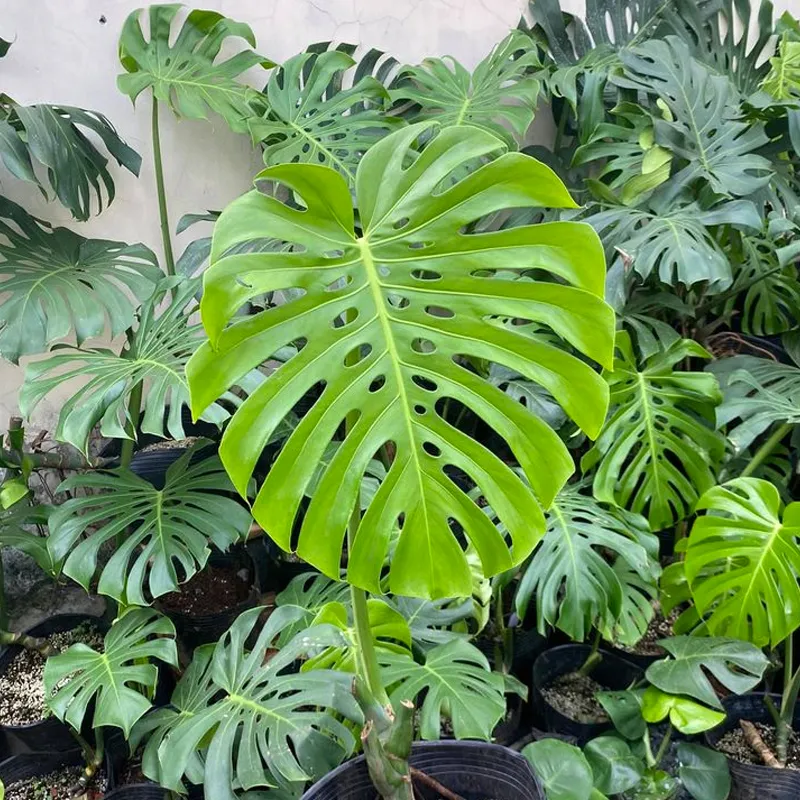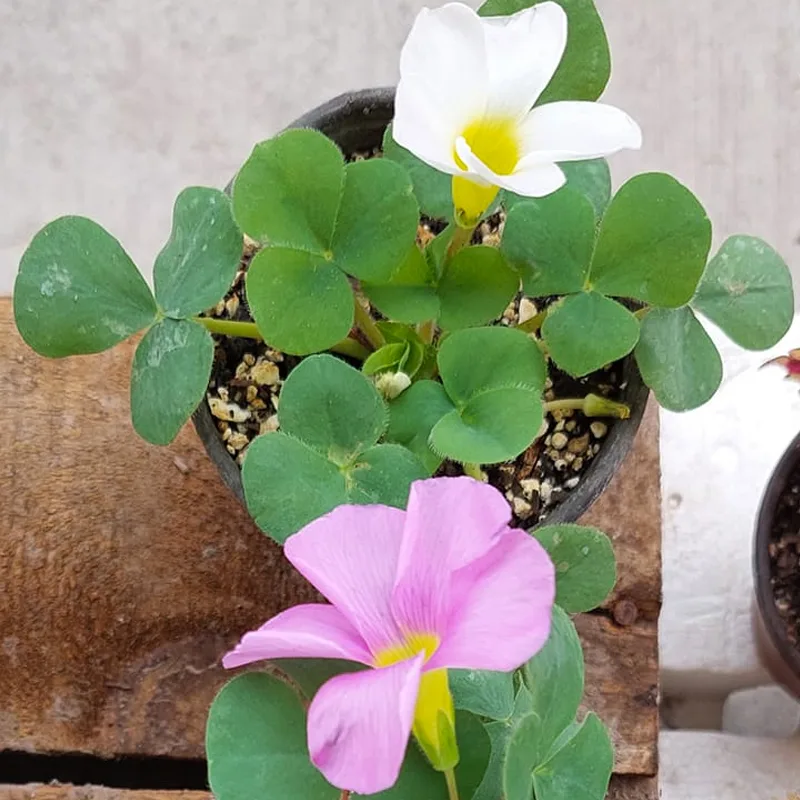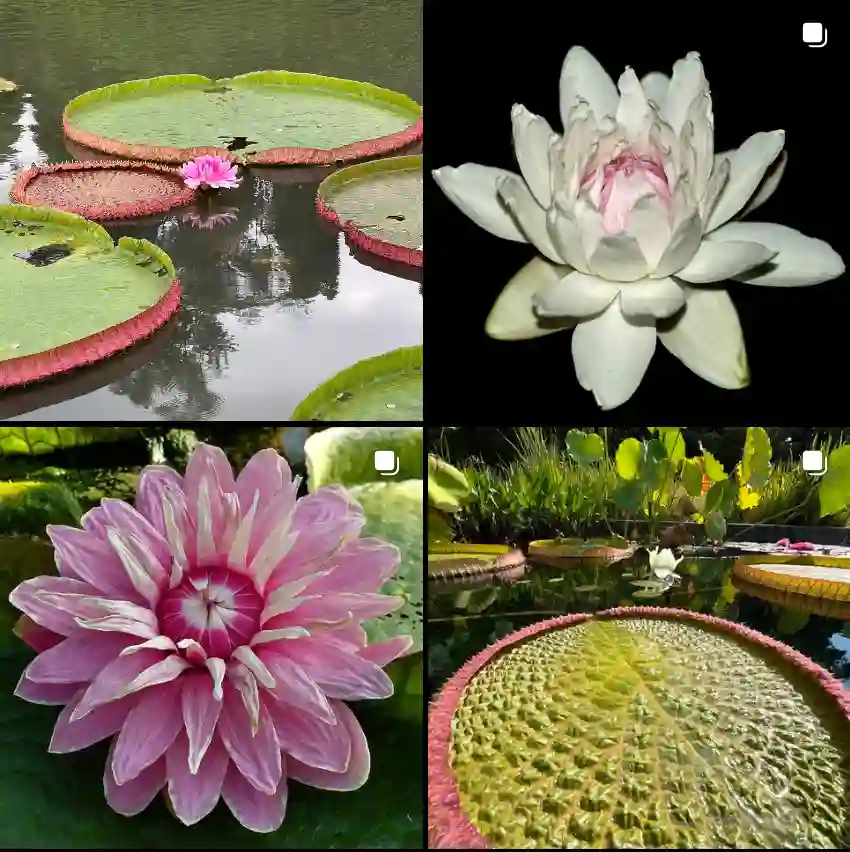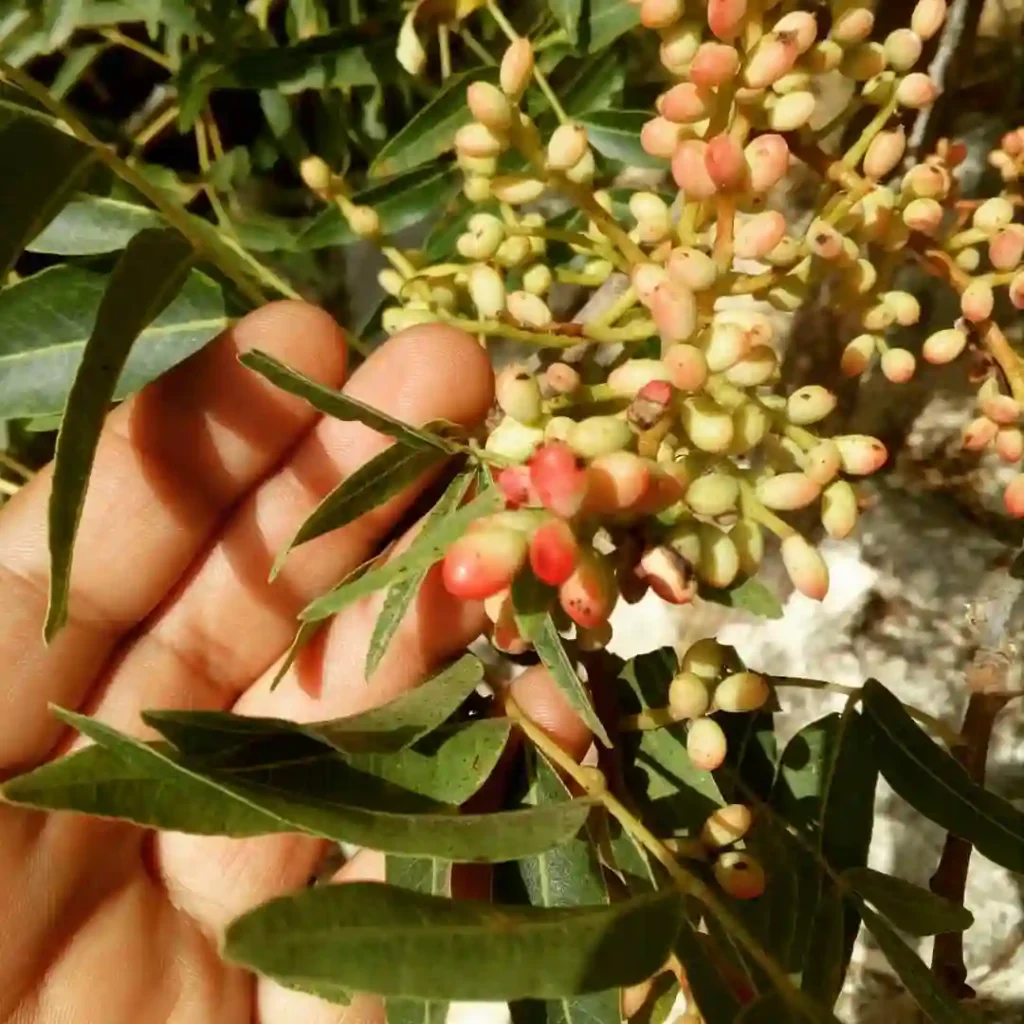Orchis: A Personal Fascination with the “Testicle Orchids”
My name is Ferb Vu, and I’ve always been drawn to the unique and the unusual in the natural world. That’s why I find myself captivated by the Orchis genus, a group of terrestrial orchids with a rather peculiar name and an even more intriguing appearance belong to the Orchidaceae family. The name “Orchis” originates from the Ancient Greek word for “testicle,” a rather blunt reference to the shape of the paired underground tubers that characterize these plants. But don’t let the name deter you, these orchids are anything but crude. They are delicate, beautiful, and possess a fascinating biology that has held my interest for years.
Diverse Beauty in Unexpected Places
Orchis orchids are primarily found in Europe, Northwest Africa, and parts of Asia, thriving in a variety of habitats from meadows and woodlands to mountainous regions. This geographic diversity contributes to the remarkable variation within the genus. Some species, like the Early Purple Orchid (Orchis mascula), are robust and flamboyant with deep purple flowers clustered on a tall spike. Others, like the Monkey Orchid (Orchis simia), are more diminutive and whimsical, their flowers resembling tiny primates.
One of the aspects I find most fascinating about Orchis orchids is their reliance on deception for pollination. Many species have evolved intricate strategies to attract pollinators without offering any nectar reward. The flowers mimic the scent and appearance of other insect-pollinated plants, tricking insects into visiting and inadvertently carrying pollen from one orchid to another. It’s a cunning evolutionary tactic that speaks to the resourcefulness of these plants.
A Closer Look at Some Notable Species
The Orchis genus boasts a diverse array of species, each with its own unique characteristics. Here are:
- Orchis adenocheila Czerniak.
- Orchis × algeriensis B.Baumann & H.Baumann
- Orchis anatolica Boiss.
- Orchis × angusticruris Franch.
- Orchis anthropophora (L.) All.
- Orchis × apollinaris W.Rossi, Ard., Cianchi & Bullini
- Orchis × aurunca W.Rossi & Minut.
- Orchis × bergonii Nanteuil
- Orchis × beyrichii (Rchb.f.) A.Kern.
- Orchis × bispurium (G.Keller) H.Kretzschmar, Eccarius & H.Dietr.
- Orchis × bivonae Tod.
- Orchis brancifortii Biv.
- Orchis × buelii Wildh.
- Orchis × caesii De Angelis & Fumanti
- Orchis × calliantha Renz & Taubenheim
- Orchis canariensis Lindl.
- Orchis × chabalensis B.Baumann, H.Baumann, R.Lorenz & Ruedi Peter
- Orchis × colemanii Cortesi
- Orchis deuterodelamainii J.M.H.Shaw
- Orchis × ehdenica Kreutz
- Orchis × fallax (De Not.) Willk.
- Orchis × fitzii Hautz.
- Orchis galilaea (Bornm. & M.Schulze) Schltr.
- Orchis × hybrida (Lindl.) Boenn. ex Rchb.
- Orchis italica Poir. Plant FAQs: Orchis Italica
- Orchis × klopfensteiniae P.Delforge
- Orchis × kretzschmariorum B.Baumann & H.Baumann
- Orchis laeta Steinh.
- Orchis × ligustica Ruppert
- Orchis × loreziana Brügger
- Orchis × lucensis Antonetti & Bertolini
- Orchis × macra Lindl.
- Orchis mascula (L.) L.
- Orchis militaris L.
- Orchis olbiensis Reut. ex Gren.
- Orchis × orphanidesii (E.G.Camus) B.Bock
- Orchis × palanchonii G.Foelsche & W.Foelsche
- Orchis pallens L.
- Orchis patens Desf.
- Orchis pauciflora Ten.
- Orchis × penzigiana A.Camus
- Orchis × permixta Soó
- Orchis × petterssonii G.Keller ex Pett.
- Orchis × plessidiaca Renz
- Orchis provincialis Balb. ex Lam. & DC.
- Orchis × pseudoanatolica H.Fleischm.
- Orchis punctulata Steven ex Lindl.
- Orchis purpurea Huds.
- Orchis quadripunctata Cirillo ex Ten.
- Orchis × schebestae Griebl
- Orchis × serraniana P.Delforge
- Orchis × sezikiana B.Baumann & H.Baumann
- Orchis simia Lam.
- Orchis sitiaca (Renz) P.Delforge
- Orchis spitzelii Saut. ex W.D.J.Koch
- Orchis × spuria Rchb.f.
- Orchis × thriftiensis Renz
- Orchis × tochniana Kreutz & Scraton
- Orchis × willingiorum B.Baumann & H.Baumann
- Orchis × wulffiana Soó
Conservation Concerns and the Future of Orchis
While Orchis orchids are a source of fascination and beauty, many species face increasing threats due to habitat loss, climate change, and over-collection. It’s crucial that we recognize the importance of conserving these unique plants for future generations to enjoy.
Efforts are underway to protect Orchis orchids through habitat preservation, propagation programs, and public education. By understanding the ecological importance of these orchids and the challenges they face, we can all contribute to their continued survival.
A Personal Connection
My interest in Orchis orchids stems from a deeper appreciation for the intricate connections within the natural world. These plants, with their deceptive pollination strategies and diverse forms, exemplify the ingenuity and resilience of life. They remind me that even in the most unexpected places, beauty and complexity abound.
I encourage everyone to take the time to learn more about the Orchis genus and the fascinating world of orchids in general. By fostering a sense of wonder and respect for these delicate plants, we can help ensure their continued presence in our world.
If i die, water my plants!



